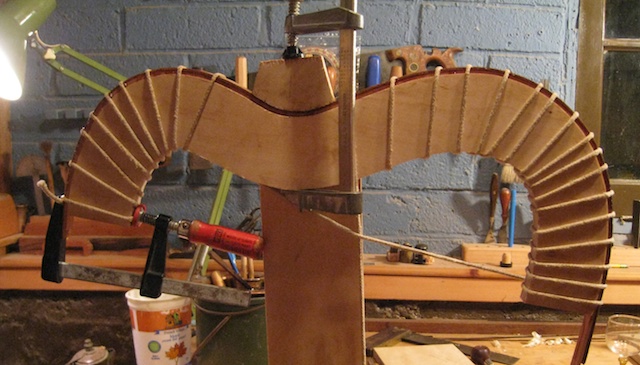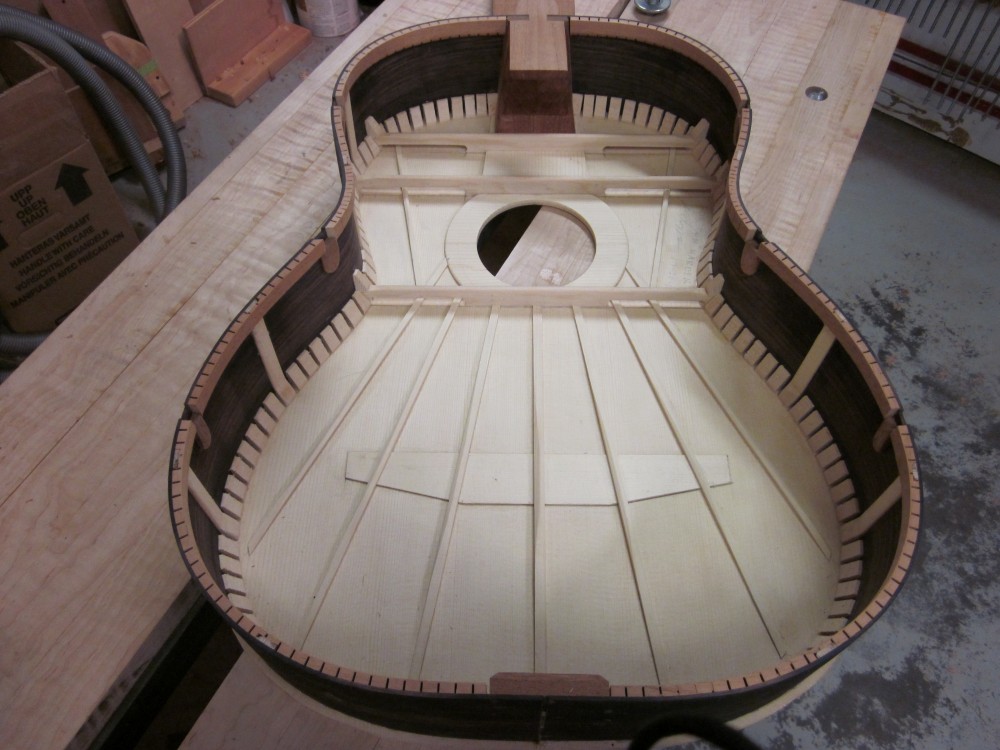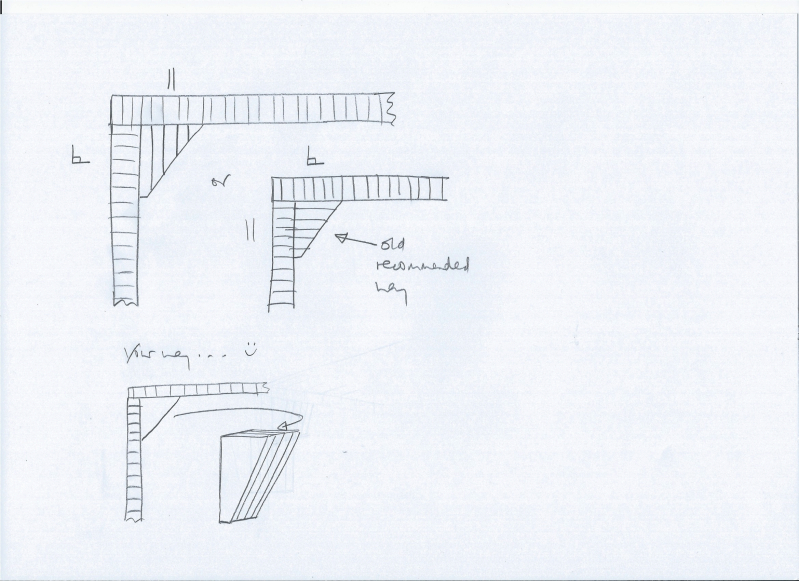|
Peter Tsiorba -> RE: Inside the box materials (Oct. 19 2010 19:41:23)
|
I think pretty much anything, any wood available could be used. Spruce, rosewood, mahogany and spanish/Honduran cedar, or Spanish cedar happen to be on hand, so why not use them? I've seen several older Spanish flamenco guitars with Euro beech for solid back linings. Now, euro beech seems like a very generic choice, as I've seen it used on everything from furniture to knife handles, to hand plane bodies. One of such guitars with beech back linings was made by Esteso. Did he choose beech for tonal/acoustic reasons?
Deteresa1, from my personal point of view, the types of linings, such as solid, thick, thin or laminated/extra thick, etc. make a greater impact on the acoustic properties of the box than the exact species of woods used.
|
|
|
|



